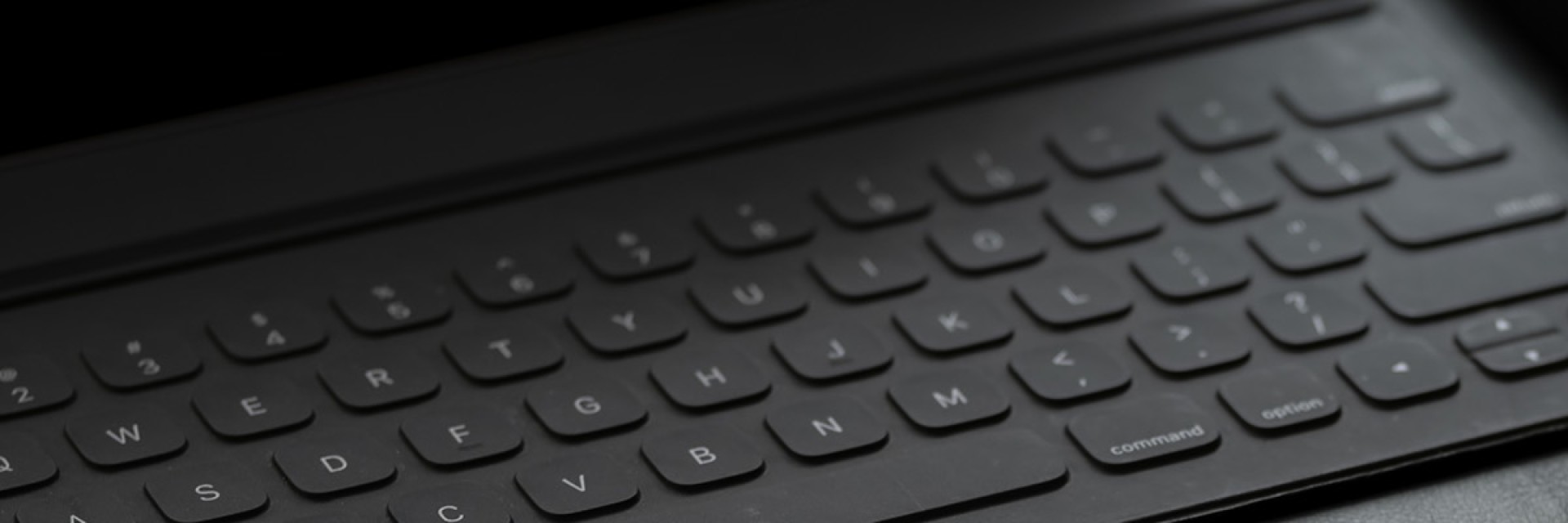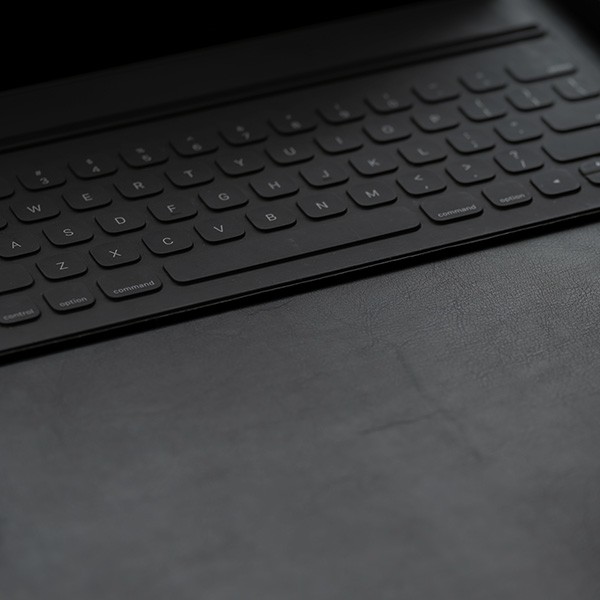SecurityTip: Treat your laptop, tablet or smartphone like you would your wallet or purse. Keep it in your possession and block snoopers from access to it.
Laptops, tablets and smartphones require even greater security precautions against theft and confidentiality breaches than desktop computers. While portability makes these devices exceptionally convenient, it also makes them more vulnerable to physical damage, theft, and information security breaches. For example, if the wireless function is enabled without applying security measures, the device can be exposed to viruses and other intrusions. Because laptops, tablets an smartphones are so portable, they generally operate outside and beyond the campus Information Technology Services (ITS)-managed firewalls and layered virus/intrusion protection.
California Personal Information Security and Confidentiality of Medical Information Acts (commonly known as Senate Bill (SB) 1386 and Assembly Bill (AB) 1298, respectively), require the campus to notify all affected individuals when their unencrypted personal information was, or is reasonably believed to have been, acquired by an unauthorized person. If a device is stolen or otherwise compromised, the responsibility for notifying affected individuals resides with the responsible department or division.
Faculty and staff members using a Cal State L.A. laptop, tablet or smartphone or their own equipment containing confidential university data assume responsibilities beyond those of a campus desktop computer user.

